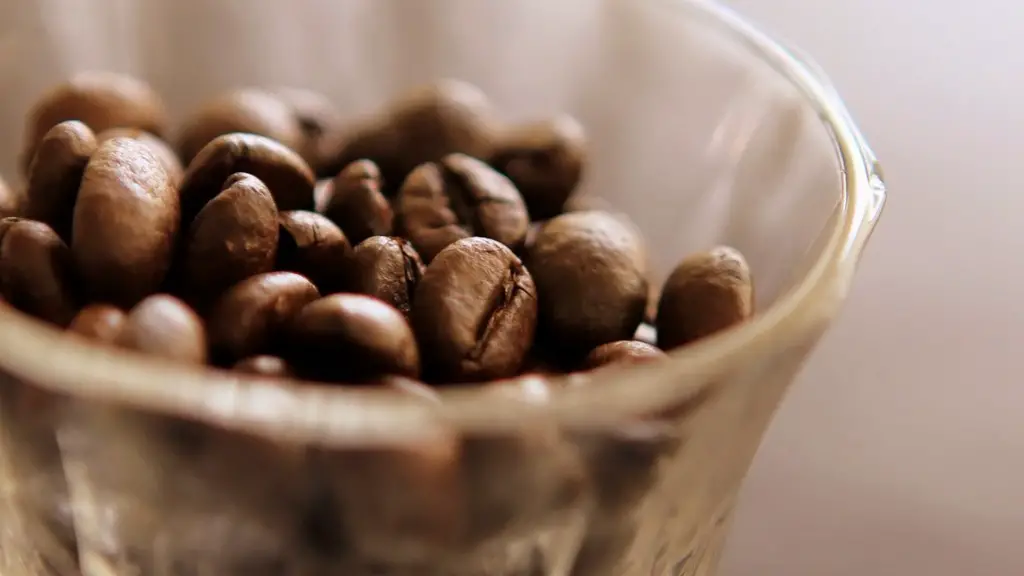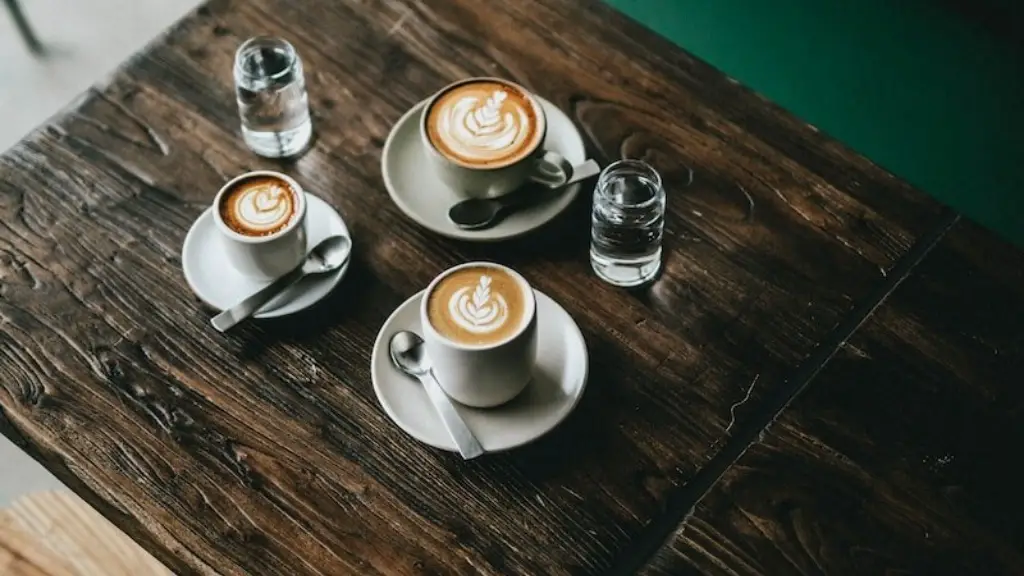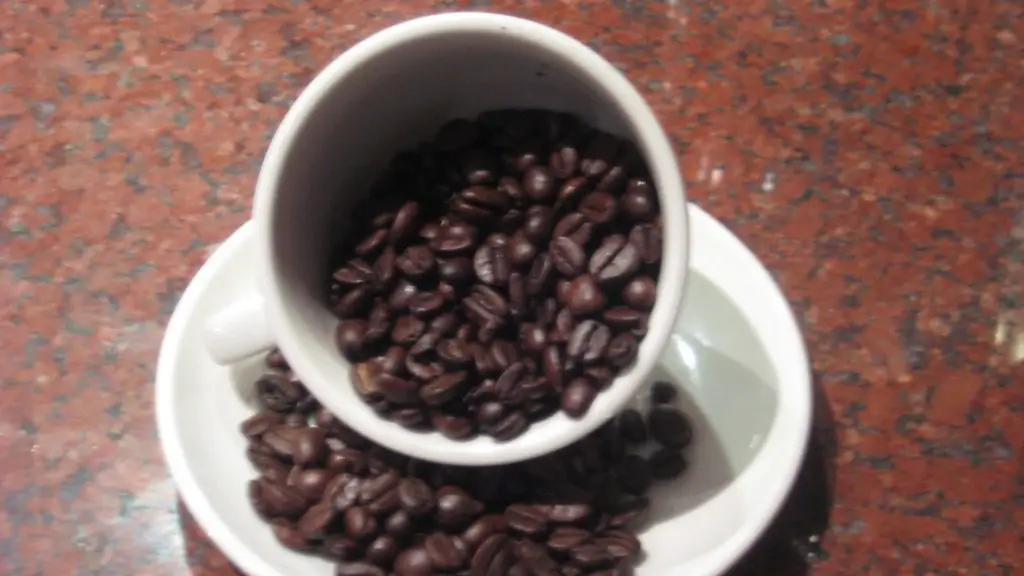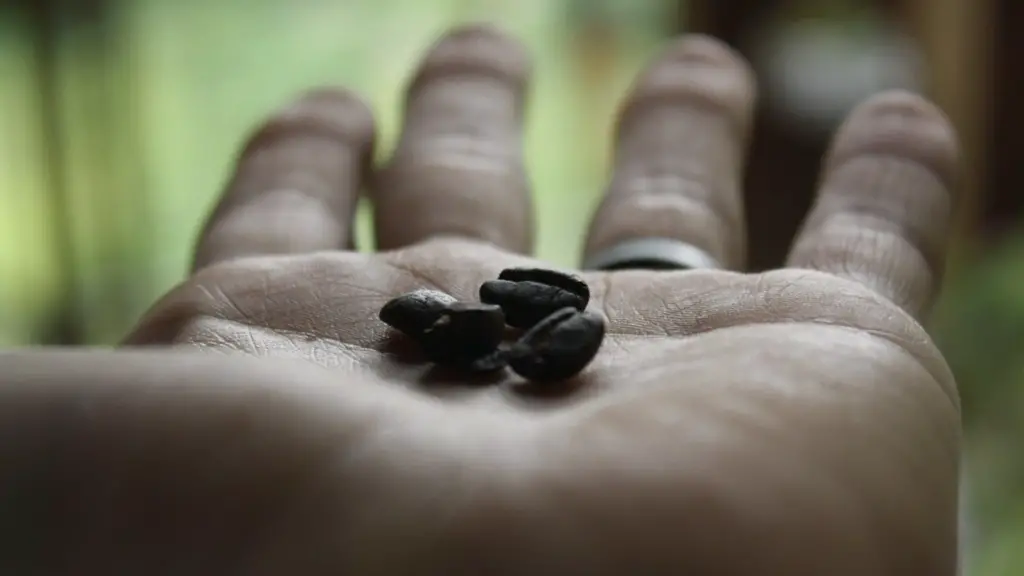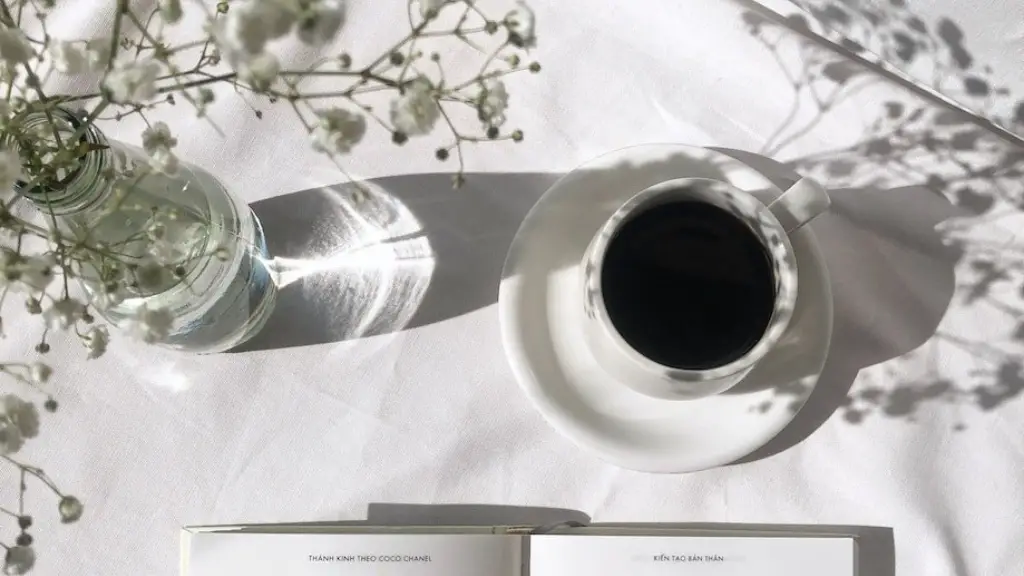Skipping the morning cup of joe to counteract the effects of alcohol is a common advice for anyone who wishes to be hangover free. But, recent studies have suggested that not all types of coffee have the same effects on one’s body after drinking alcohol. There are benefits as well as drawbacks to be considered when drinking coffee while the body is still processing alcohol.
Though conflicting results have been reported, some studies have found that a combination of caffeine and alcohol has a greater effect of speeding up the intoxication process. These studies found that one’s BAC (blood alcohol concentration) level increased at a quicker rate when caffeine was consumed in combination with alcohol. The results were similar regardless if the caffeine was taken in the form of an energy drink, coffee, or any other type of caffeinated beverage.
The increased BAC level has been found to result in greater impairment due to higher levels of alcohol in the blood. Thus, it is advised to avoid drinking coffee after alcohol consumption, or to potentially limit the amount of caffeine that is ingested.
On the contrary, other studies have suggested that caffeine may be somewhat beneficial when taken after drinking alcohol. Caffeine has properties that are known to reduce the effects of a hangover, such as restoring mental alertness as well as providing a source of energy. This is why some researchers have suggested that a cup of coffee could help to lessen the feeling of a hangover after drinking.
It is evident that the science of whether to drink coffee while processing alcohol is still inconclusive. Moreover, it is important to note that both caffeine and alcohol have their own set of health risks and benefits and both should be consumed in moderation.
Though both coffee and alcohol can exist as components of a healthy lifestyle, it is important to remember that they are more effective when used responsibly and within moderation.
Age and Alcohol Consumption
When considering the effects of drinking coffee after alcohol it is important to consider age. Studies have reported that younger adult and adolescent populations are more likely to abuse alcohol, as drinking and caffeine consumption is seen as ‘cool’ or ‘exciting’. Thus, studies have suggested that avoiding coffee after consuming alcohol, and for any age group, is key to avoiding additional effects, or increasing of blood alcohol concentration levels.
It is concerning that young adults are not taking the issue of alcohol, coffee, and energy drink use seriously. Thus, further research is needed in order to further examine the effects on to those populations.
Moreover, when considering the relationship between coffee, alcohol and health risks, one must also remember that alcohol, when consumed in large quantities, has damaging and often fatal effects. Alcohol and caffeine are very different substances and studies have reported that consuming large amounts of coffee will not counter the effects or harmful consequences of alcohol abuse.
Health risks associated with caffeine and alcohol
Apart from coffee, other energy drinks and caffeinated beverages, such as green tea and black tea, are linked with both health benefits as well as potential health risks. Though coffee and tea contain antioxidants, caffeine should still be consumed in reasonable quantities as it is addictive and can cause problems with sleep, agitation, and other issues, depending on the individual.
It is important to remember that the potential health risks associated with alcohol are more serious, such as liver and kidney damage, cirrhosis of the liver, heart and brain damage, pancreatitis and a range of mental health disorders.
That is why it is important to remember that coffee cannot counteract and should not be used as a substituted for alcohol in order to reduce its dangerous effects. Coffee is not an antidote for alcohol and does not reduce impairment. Thus, in order to avoid any potential harm to one’s health and safety, it is important to always drink responsibly and in moderation.
Coffee as a way to start the day
Though it is advisable to avoid drinking coffee after consuming alcohol, the morning cup of coffee has been found to boost one’s mental and physical performance. Studies show that the right balance of caffeine and other essential nutrients can have physical and psychological effects that may boost an individual’s productivity throughout the day.
For instance, consuming a moderate amount of caffeine has been found to help improve concentration and focus, as well as mood. It can also help provide a great physical boost to help one tackle strenuous tasks more easily. Thus, it is a welcomed ritual to many people all around the world.
However, it is important to note that caffeine can still provide the same benefits of concentration, focus and improved physical performance, if consumed during the day and in reasonable amounts.
Should I Skip the Morning Coffee?
The advice to limit coffee consumption after drinking alcohol is sensible. Though many studies have reported conflicting results regarding the effects of caffeine consumption after alcohol, research suggests that one should limit coffee or any other caffeinated beverages.
Though coffee can help to provide a physical and mental boost during the day, it is important to remember that caffeine, like alcohol, is a drug and should be consumed in reasonable amounts. Therefore, coffee should be enjoyed in moderation and as part of a healthy lifestyle.
Summary
Though coffee after alcohol can provide benefits such as reducing the feeling of a hangover, recent studies have found that coffee can have adverse effects including, increased blood alcohol concentration levels, quicker intoxication and other health implications. While it is important to be mindful of the potential health risks associated with caffeine and alcohol, it is important to remember that when used responsibly and in moderation, coffee can be enjoyed as part of a healthy lifestyle and help to enhance one’s physical and mental performance.
